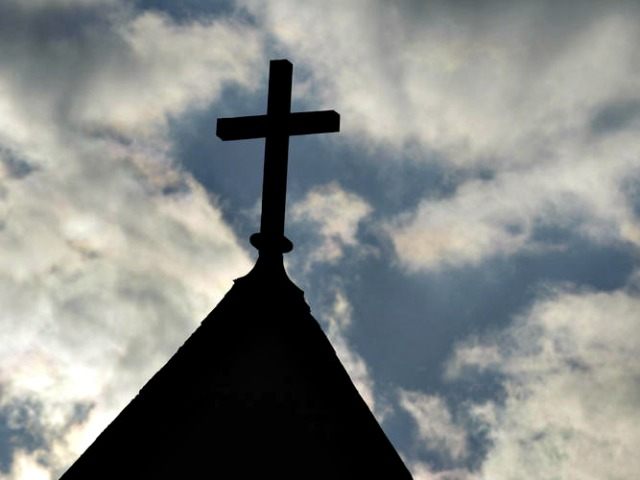Newly elected Chairman of the United States Commission on International Religious Freedom Robert P. George, said Thursday that religious liberty is “a key element in the quest for regional and global security.”
George, who is the McCormick Professor of Jurisprudence at Princeton University, was elected chairman Thursday, after serving as USCIRF chairman in 2013 and vice-chairman in 2014.
“I am honored to again serve as chair of USCIRF and work alongside my fellow commissioners in support of religious freedom and belief abroad,” said George.
George also said:
World events underscore the importance of this fundamental freedom. Religious liberty is an essential human right and a key element in the quest for regional and global security. It deserves a seat at the table with economic and security concerns as the U.S. and other nations conduct their affairs.
USCIRF, an independent, bipartisan U.S. federal government commission that monitors the universal right to freedom of religion abroad, has been in the news frequently in recent months, often in connection with its 2015 annual report. The document raised the hackles of governments implicated in some of the worst violations of religious freedom in the world today, drawing formal complaints from China and India.
The USCIRF’s independent status has given it the political freedom to maintain pressure on countries like Pakistan and Cuba, despite hesitation on the part of the U.S. government to draw attention to their religious rights violations.
For example, the 2015 Commission report includes Cuba among the ten countries on its “Tier 2” list of religious liberty abusers, a designation for governments that engage in or tolerate serious violations. The Commission urged increased U.S. government attention to these countries. On April 14, it was announced that President Obama was removing Cuba from the list of state sponsors of terrorism in a bid to restore diplomatic relations with that country.
Last week, the Commission called on the U.S. government to recognize Pakistan as a “country of particular concern,” which would allow sanctions to be imposed on the Pakistani government for its misuse of blasphemy laws.
USCIRF has said that Pakistan’s selective and often arbitrary enforcement of the blasphemy law exceeds that of any other nation, and is often used to target religious minorities, such as Christians. Accusations of blasphemy have also served to incite mob violence, with people acting as vigilantes and taking the law into their own hands.
“The blasphemy law on its face flatly violates both freedom of religion and freedom of expression. Worse still, Pakistan vigorously applies this law,” USCIRF Commissioners Katrina Lantos Swett and Mary Ann Glendon said in an essay earlier this month.
M. Zuhdi Jasser, president of the American Islamic Forum for Democracy, and Dean Eric P. Schwartz of the Hubert H. Humphrey School of Public Affairs at the University of Minnesota have been elected to serve as vice-chairmen at USCIRF.
They will work alongside George, who is also the director of the James Madison Program in American Ideals and Institutions at Princeton University.
Follow Thomas D. Williams on Twitter @tdwilliamsrome.

COMMENTS
Please let us know if you're having issues with commenting.